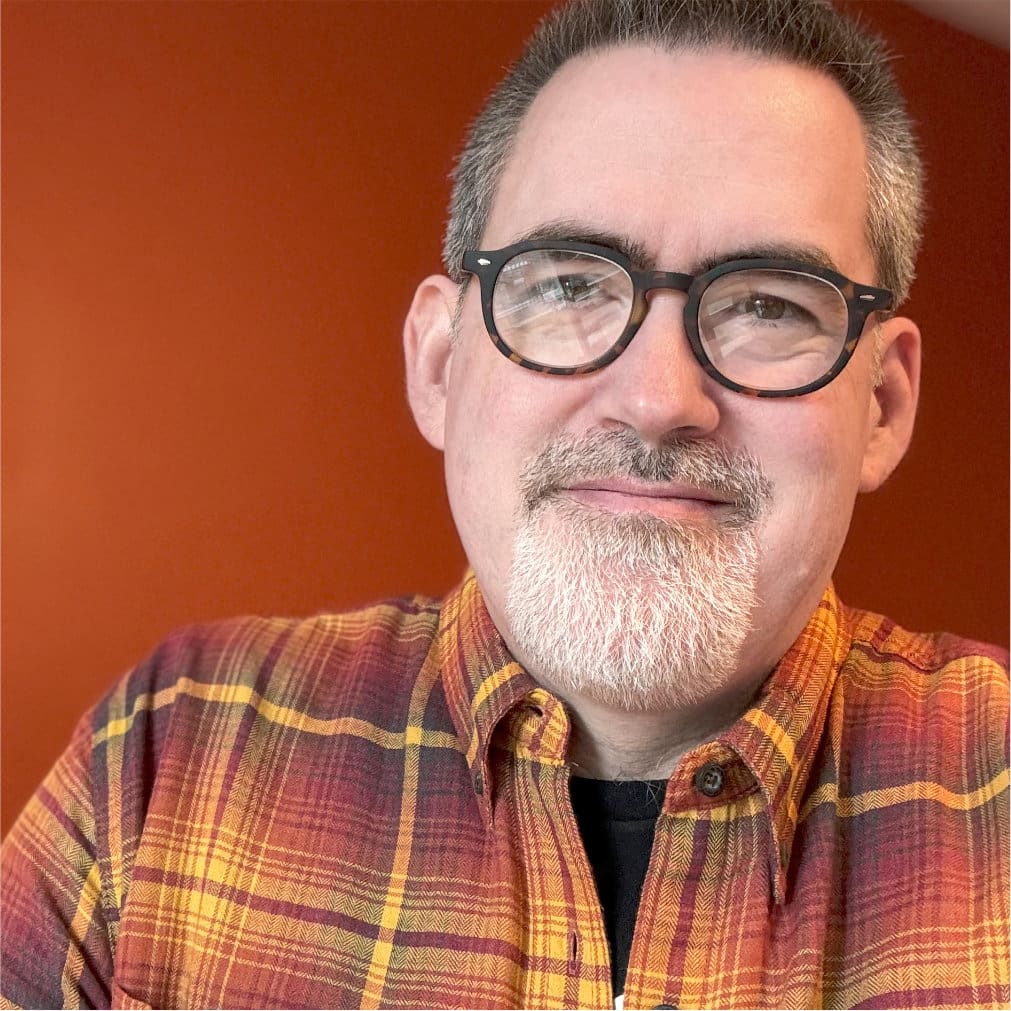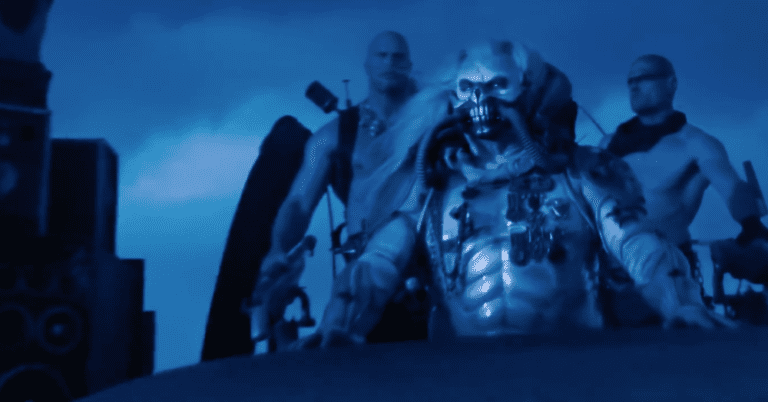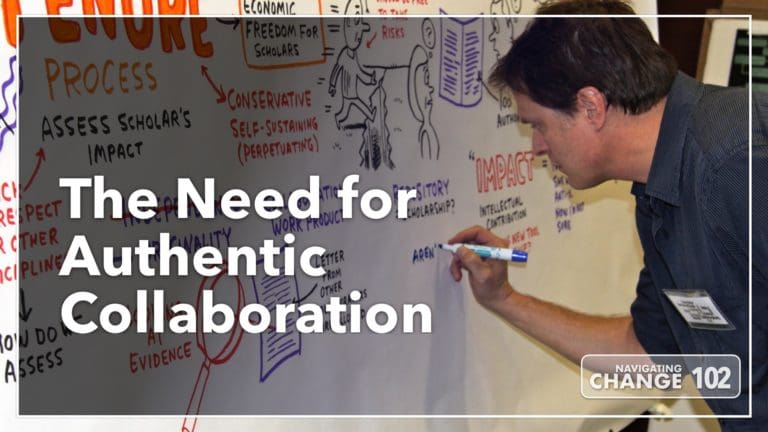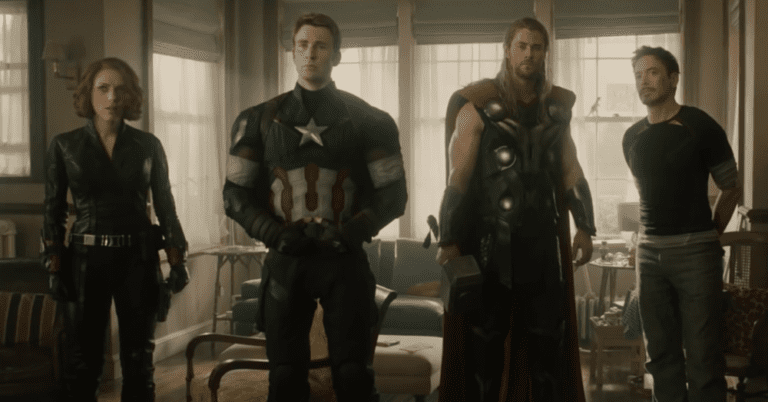In case you haven’t heard, everybody seems to be talking about “Mad Max: Fury Road.” Whether they’re talking about the silly fan theories about who Tom Hardy really is playing in this film, or the ‘meninist’ groups telling people to avoid it because of its feminist agenda, or everyone else talking about the amazing action film that George Miller gave us, it certainly seems to be on people’s minds. Join us — Pete Wright and Andy Nelson — as we finish up our Mad Max series with Miller’s latest entry, and our favorite, “Mad Max: Fury Road.”











